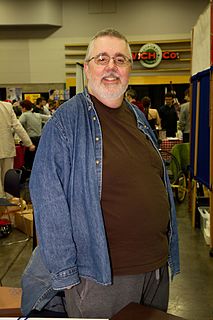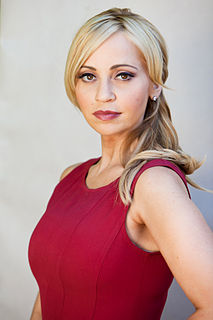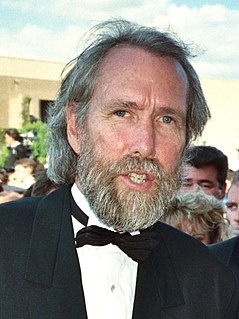A Quote by Marc Guggenheim
I think it's very hard to talk about these characters in a closed-ended, sort of non-sequel way, especially characters like The Flash and Green Lantern, which have such rich, long histories.
Related Quotes
The nature of acting is that one is many characters and jumps from one skin to another as a way of life. Sometimes it's hard to know exactly what all of your characters think at the same time. Sometimes one of my characters overrules one of my other characters. I'm trying to get them all to harmonize. It's a hell of a job. It's like driving a coach.
But actually making pictures to look like my pictures, I've done it for so long, I'm kind of used to it now. So at the beginning of the process, designing and storyboarding everything, I sort of did all that. And then designed the characters, and doing the textures for the characters, and the texture maps to cover all the animated characters and the sets, I did those, because that's where my sort of coloring and textures get imprinted on the film.
To me, feminism in literature deals with the female characters being in some way central to the thematic concerns of the book, or that they are agents of change to some degree. In other words, the lens is focused deeply and intensely on the female characters and doesn't waver, which allows for a glimpse into the rich inner lives of the characters.
The way Disney characters move, they're very kind of slow and fluid and flowing; one pose kind of eases into the next. If you look at a show like 'The Simpsons' and subsequently a show like 'Family Guy' - the characters will jerk from pose to pose a lot, a bit more snappy. Which sort of goes along with the writing tone of the show.
A radio play actually ended up being the first acting job I ever had. A lot of times when I'm on camera, I'm playing characters that are more like myself, and I don't get to do a lot of real character work. But when you're doing animation, you are the very epitome of colorful characters. I think I'm just really into make believe.
It's funny what [producer Richard Zanuck said about even though you can't quite place when the book or the story came into your life, and I do vaguely remember roughly five years old reading versions of Alice in Wonderland, but the thing is the characters. You always know the characters. Everyone knows the characters and they're very well-defined characters, which I always thought was fascinating. Most people who haven't read the book definitely know the characters and reference them.






































